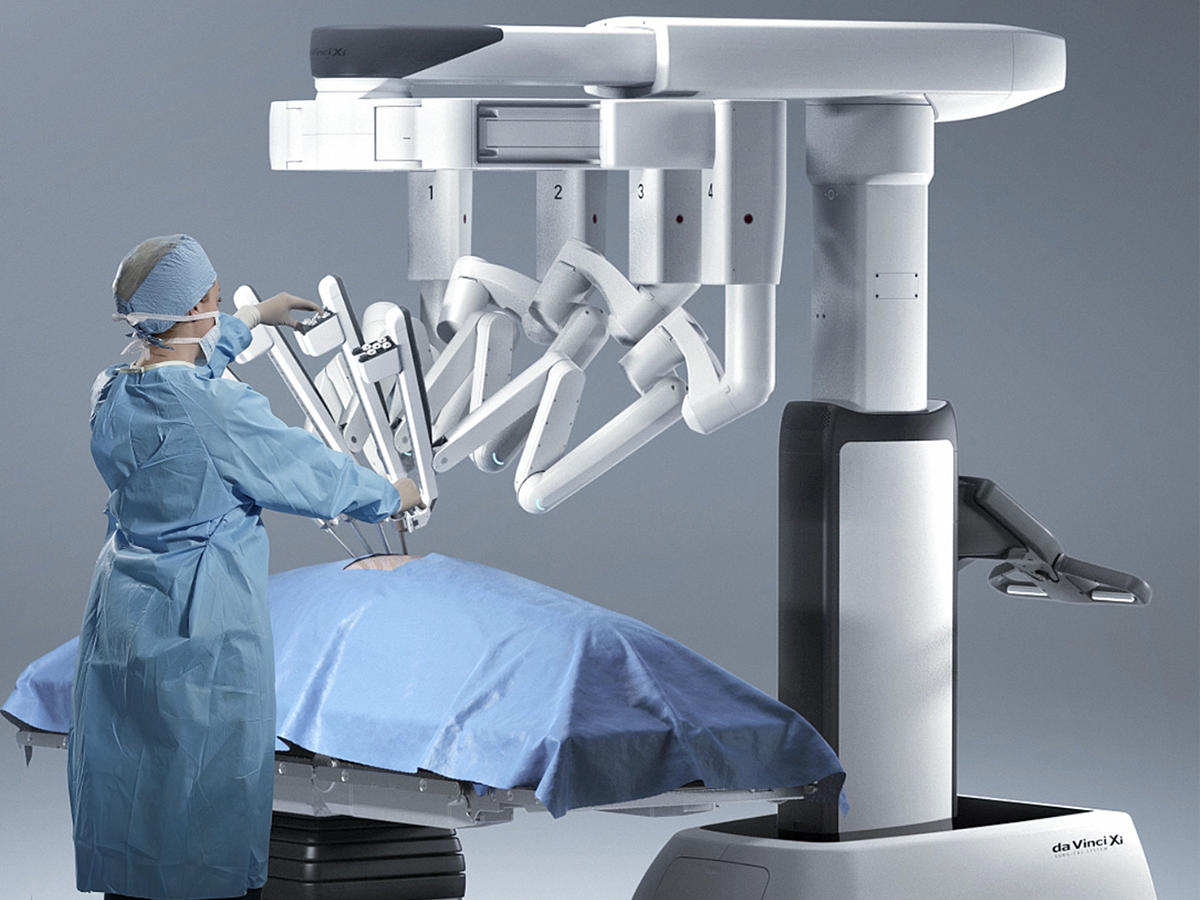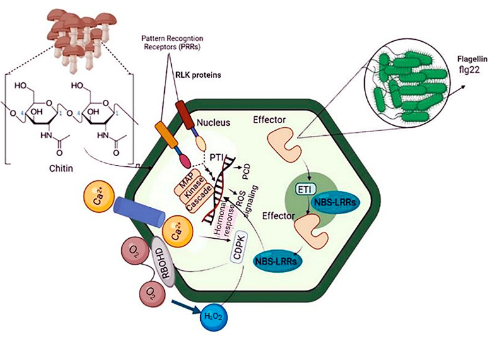By 2028, the use of artificial intelligence (AI) in the Indian healthcare sector is expected to completely change the sector, generating millions of new employment and changing the nature of current roles. According to a recent analysis by hiring consultancy TeamLease Digital, there has been a notable increase in demand for technology expertise and AI specialists due to the major impact of AI on the healthcare sector. This revolutionary change offers enormous potential for industry expansion, skill development, and talent acquisition in addition to improving healthcare delivery.
Current Situation of the Indian Healthcare Workforce: According to the estimate, by 2027, there would be nine million people working in India, up from the current 7.5 million. One noteworthy feature of this workforce is the presence of 1-2% technology professionals, which is indicative of the increasing integration of technology in healthcare operations. This development is being driven by advancements in data analytics, virtual assistants, and telemedicine, which are creating 2.7–3.5 million new jobs in the technology sector.
The implementation of artificial intelligence (AI) in the healthcare industry is expected to result in the replacement of around 23% of existing job roles by 2028. This indicates a shift towards automation and efficiency in healthcare operations. It is anticipated that there would be a major increase in need for people in positions like quality testing, design, technical development engineers, cybersecurity specialists, and data scientists. This change emphasizes how important it is to retrain, upskill, and recruit tech-savvy workers in order to satisfy changing industry expectations.
Industry Leaders’ Perspectives: Avinash Kumar Singh, CORE Diagnostics’ Head of Technology, highlights the value of utilizing AI in a variety of fields, including genetic counseling and customer service. This illustrates a calculated strategy to improving capacities and embracing technology developments in the medical field.
Market Projections and Growth Opportunities: TeamLease projects that the Indian health technology market will develop significantly, reaching $35.8 billion by 2030 at an annual growth rate of 22%. It is anticipated that the market for digital health would increase dramatically, boosting overall revenue growth and fostering an atmosphere that encourages investment and innovation.
Prioritize AI Implementation and Talent Acquisition: Dr. Krutikesh Age, a co-founder of DPHS, emphasizes the strategic importance of leveraging AI to boost patient involvement, optimize real-time trial monitoring, and preserve an advantage over competitors in the market. The industry’s realization of the critical role talent acquisition plays in propelling AI implementation and success is seen in the attention placed on luring AI professionals, data scientists, and software engineers.
Opportunities and Challenges for Skilled Professionals:
For qualified individuals, there are hurdles as well as possibilities due to the increased need for tech talent in the healthcare industry. The necessity for specialized knowledge in cybersecurity, artificial intelligence, data analytics, and software development highlights the value of lifelong learning and skill development. Industry partnerships, educational efforts, and training programs are essential for closing the skills gap and developing a workforce prepared for the future.
The role of government policies and support: By fostering an atmosphere that is conducive to innovation, investment, and talent development, government policies, incentives, and support systems can further spur the adoption of AI in healthcare. The healthcare business may become more competitive overall, improve healthcare outcomes, and accelerate digital transformation through collaborative initiatives between the public and private sectors.
The AI revolution in Indian healthcare has the potential to significantly change roles, open up new avenues for growth, and foster opportunity. The demand for qualified individuals who can leverage technology to improve patient outcomes, improve healthcare delivery, and define the future of healthcare is rising as the sector adopts AI-driven technologies. India’s healthcare sector has the potential to greatly enhance global healthcare developments by utilizing AI capabilities, cultivating industrial alliances, and investing in personnel development.








